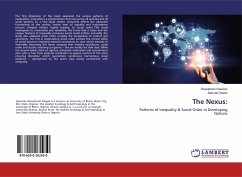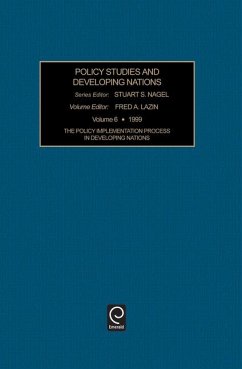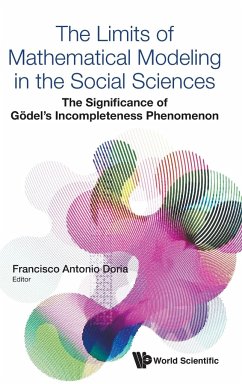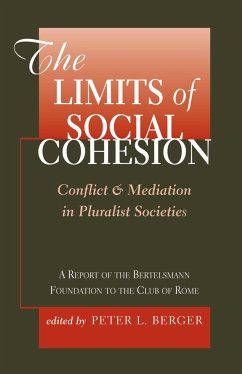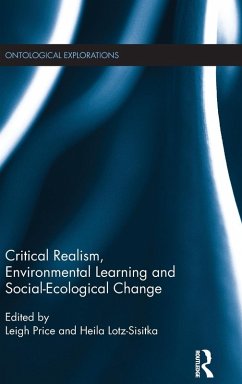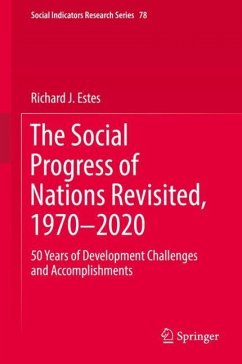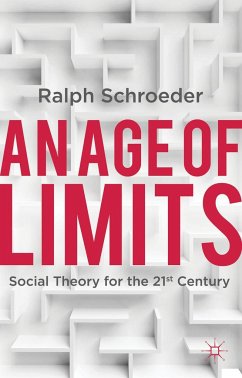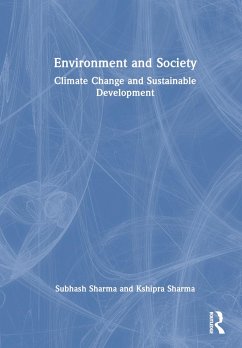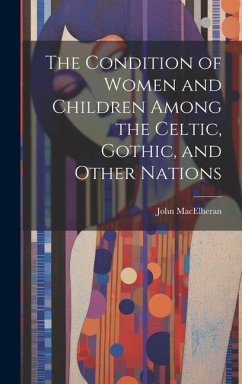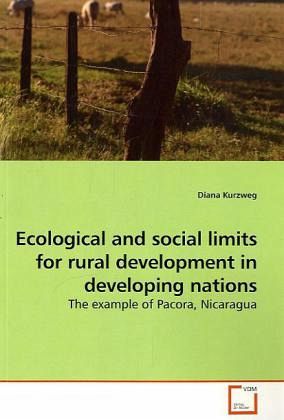
Ecological and social limits for rural development in developing nations
The example of Pacora, Nicaragua
Versandkostenfrei!
Versandfertig in 6-10 Tagen
45,99 €
inkl. MwSt.

PAYBACK Punkte
23 °P sammeln!
During the last decades high investments had been put into third world development programs to improve farmers' livelihood. But how could these programs in reality contribute or lead to long-lasting improvements? And what are the challenges for project implementations and for achieving certain goals? These are the basic questions, which the author investigated using the example of Pacora, Nicaragua a village with 250 inhabitants, where several organisations have already carried out diverse types and topics of projects. Therefore, qualitative interviews had been conducted, in addition with info...
During the last decades high investments had been put into third world development programs to improve farmers' livelihood. But how could these programs in reality contribute or lead to long-lasting improvements? And what are the challenges for project implementations and for achieving certain goals? These are the basic questions, which the author investigated using the example of Pacora, Nicaragua a village with 250 inhabitants, where several organisations have already carried out diverse types and topics of projects. Therefore, qualitative interviews had been conducted, in addition with informal talks and observations during four months of life in a family. Initial point of that survey has been field trials about the suitability of legumes under local conditions, intercropping in maize (with Vigna unguiculata, Canavalia brasiliensis) and as monoculture (Teramnus uncinatus, Macroptilium atropurpureum, Centrosema macrocarpum), followed by the question why the legume cultivation method had poorly been received by the farmers - socio-critical study meets nature science an interesting experiment from both points of view.



